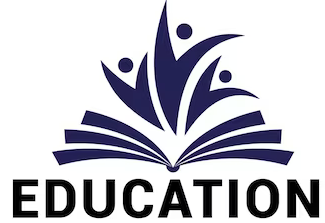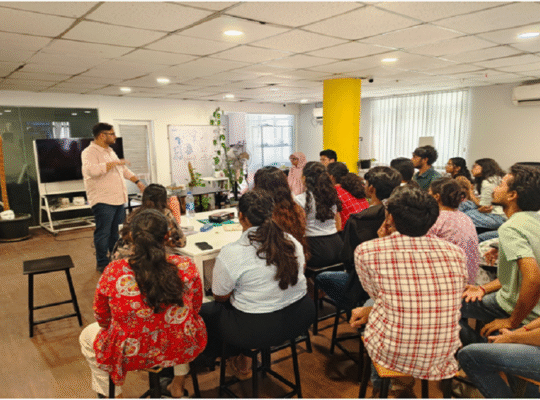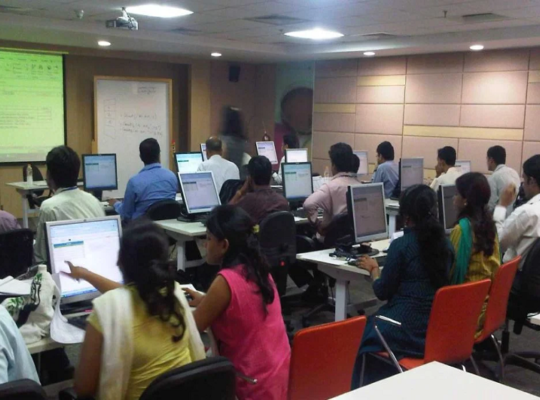Besides, whether you are in medicine or not at all, this article will serve you anyway because it is not intended only for medical students.
Intuitively, we tend to think of the process as intuitive and obvious ; but in fact with 5 years of experience, I have developed a real method that I apply in order to prepare for an exam effectively. My method is completely personal and it does not necessarily apply to everyone (far from it) – moreover; I am writing this article to encourage you to question your own process of preparing for an exam , something in which we are not necessarily interested; and take stock of what works and what needs to be improved.
This article is based on my way of doing things, but also helps you to consider different avenues and to deconstruct the whole mental process of preparing for an exam , to question yourself and help you build a method that suits you. Whether you are preparing for the entrance exam, first year or even further in your course,
you will find here methods that dismantle the process of written exams a little (MCQ, open questions, certainty coefficients, negative points ) as well as oral examinations.
1. Prepare cards & then study them
To prepare for the exams, it’s obvious, you have to learn the subject and train to know if you know it correctly.
Ideally, you should have built a good working medium and have seen (and reviewed) this medium in order to know everything well. I go into much more detail about this complex process in my article “working method” on this subject which I invite you to consult! Here, we will focus not on the knowledge of the material (which is an essential prerequisite for passing an exam, of course!) but really on all the mental process that goes in the last moments before then during an exam .
However, what I would really like to clarify is the importance of having a last minute ” checklist “, a small list of essential things to know for the exam, a personal list of things that you are likely to forget, important notions or points of the course that you have the most difficulty in fixing. I will come back to this in the next paragraph of this article.
2. Just before the exam
The first thing I recommend to feel ready before an exam is a final intensive proofreading right before . What I personally do (but I know people who don’t do it and who are no less successful) is that I prepare a little sheet that I reread (usually it takes me 1 to 4 hours) just before the exam, once or twice, to have freshly in mind all the crucial information, it helps not to have a memory lapse before an exam. This concerns rather the exams which ask about theory. The same kind of process can also work by re-reading one’s faults just before a practical exam.
We come back with everything in mind and it really helps because we can’t remember a course 100% and these last elements which had trouble getting in during the block (provided we don’t leave too much to learn at the last second, otherwise it will never fit) allows you to play on short-term memory in addition to long-term memory, thus saving storage. The disadvantage with this method is that you must still keep a good overall knowledge of the course at least in your long-term memory, in order to be able to use the bases acquired in this course necessary for the following courses. I admit that I clearly used this method when I found myself faced with small courses that were not really important in the course (I will not mention them here out of respect for the teachers but any student with a little common sense knows how to spot them). I also add that now before each exam (no matter how small or big it is), I always reread as much as possible beforehand (in priority the parts that I master less, or the tips); and for an exam at 8 a.m. for example, I always get up at 3 a.m.; I read until
I’m not here to tell you what to do ; there are people who couldn’t bear to do this (and honestly I’ve been doing this since bac 2 and I finish the session exhausted every time) but my points have really shown the effectiveness of this technique for me. I tell myself that by talking about it here, I can help you realize that if certain techniques (as wacky as they are) work for you, you have to get to know yourself and adapt.! Some people like to wake up as late as possible before an exam and not reread anything the night before so as not to stress; it’s a choice like any other, I’m just saying that you have to get to know yourself and not compare yourself to others. Test different methods (stay safe of course), see what works and when you have found you will know!







